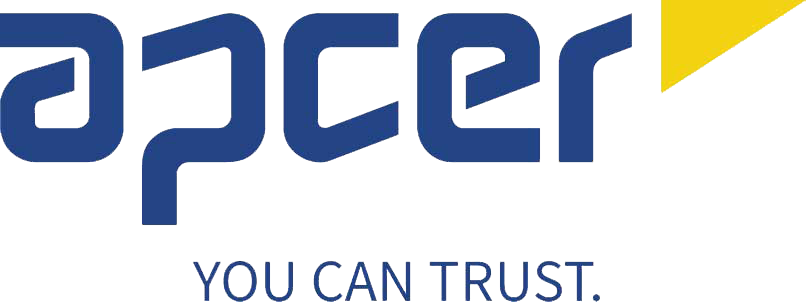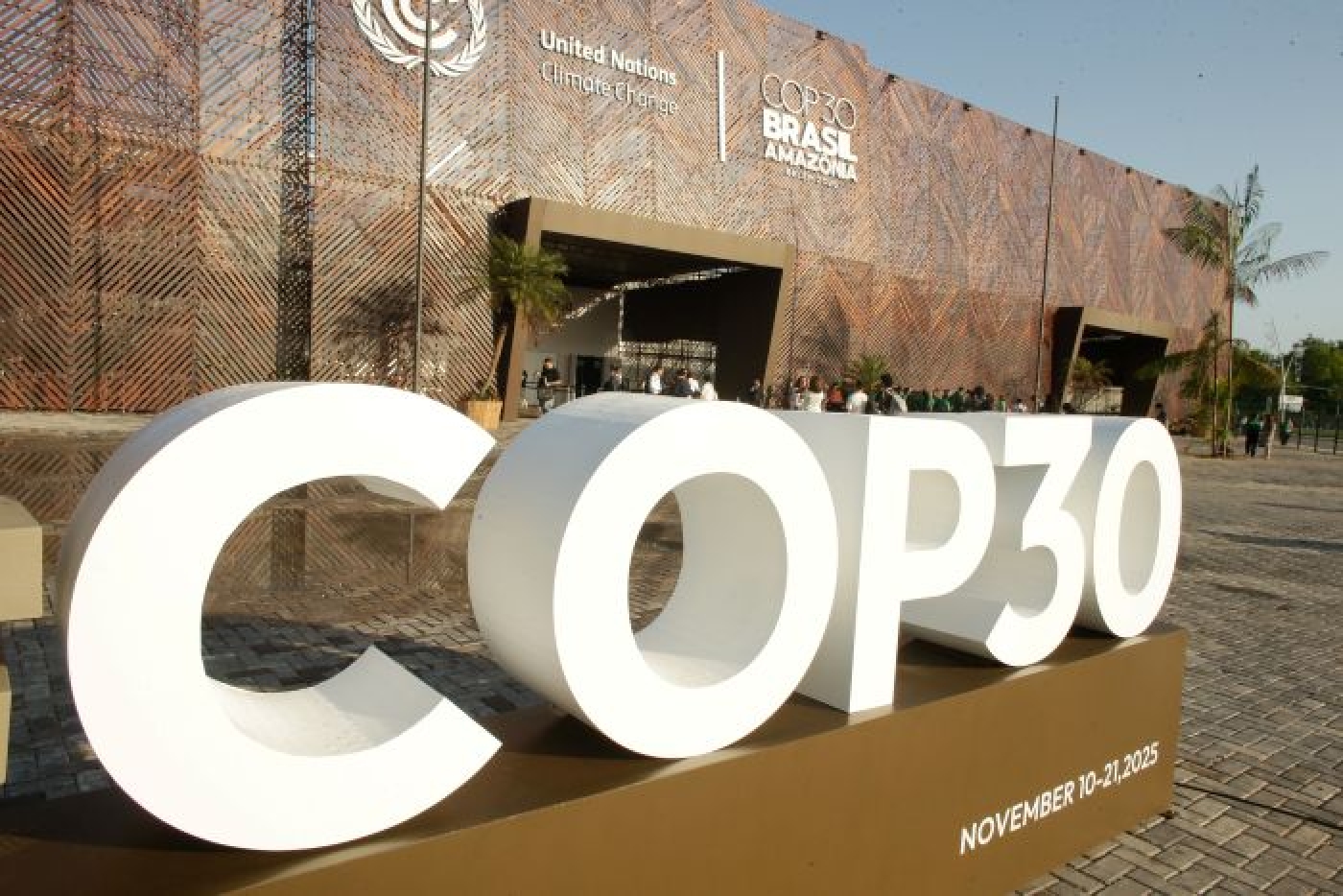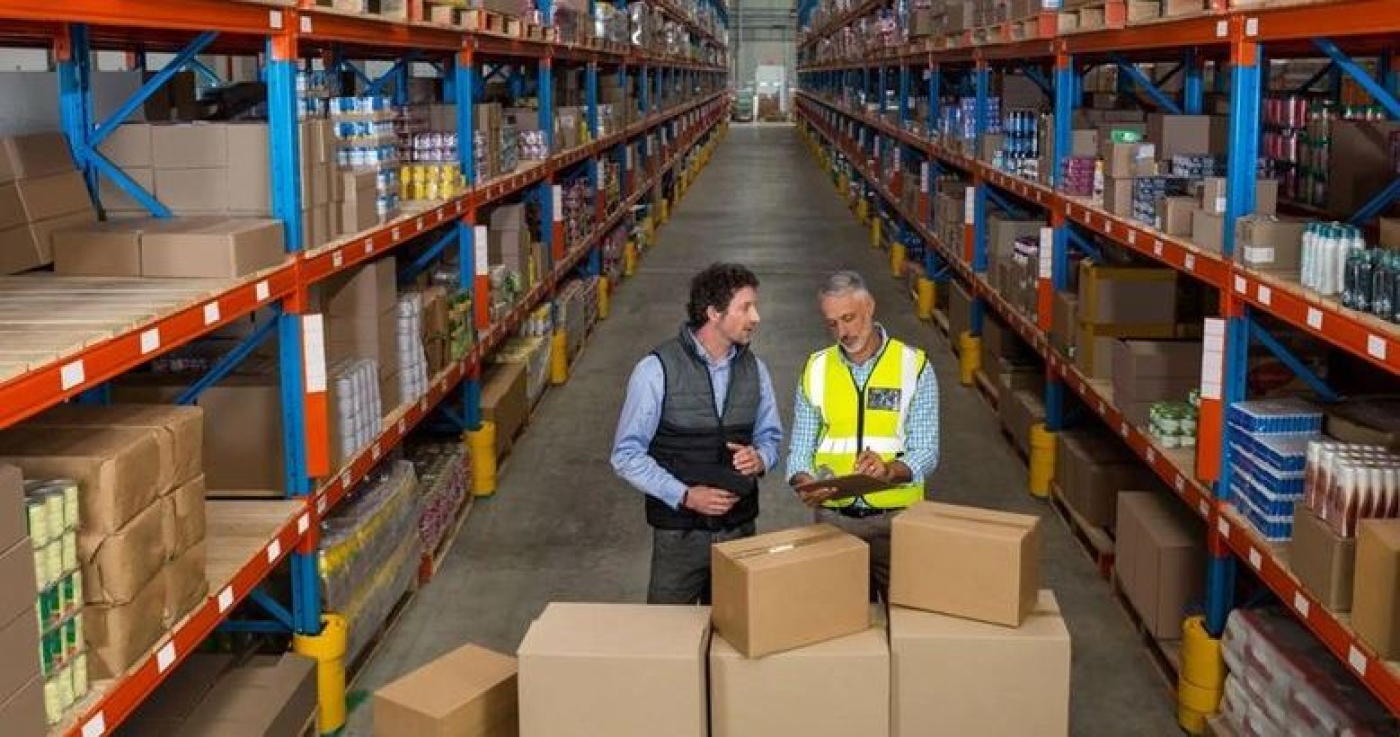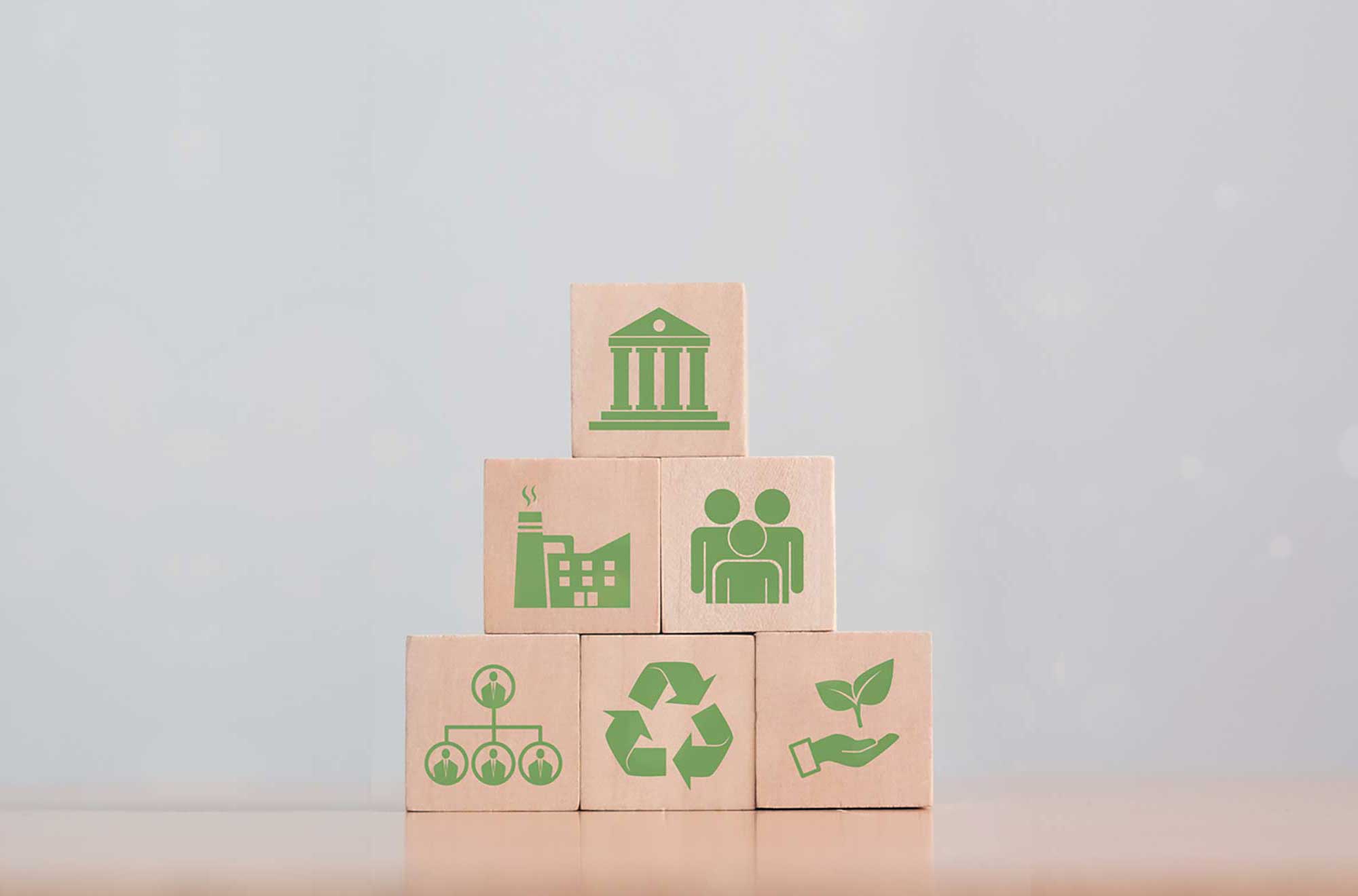In a market increasingly focused on the ethical, social and environmental performance of companies, the way organizations select, monitor and develop their suppliers has become a key factor in their competitiveness. In many cases, the greatest reputational, operational and even legal risks are not within the company itself, but throughout its supply chain - often invisible, complex and underestimated.
The reality is that a company can compromise its entire corporate integrity by depending on a supplier that violates human rights, fails to comply with environmental regulations or simply cannot ensure process traceability. Rising expectations from consumers, investors and regulatory bodies around ESG (Environmental, Social and Governance) issues are transforming how companies interact with their partners. Regulations such as the European Corporate Sustainability Due Diligence Directive, non-financial reporting obligations, and carbon neutrality commitments are driving a deep transformation of value chains.
To meet these challenges credibly, companies need more than good intentions - they require structured, comparable and internationally recognised tools. Independent supplier assessment, based on international standards, is emerging as the most solid path to ensuring integrity, mitigating risks, and building trust across the business ecosystem.
Various evaluation methodologies have gained prominence in recent years, providing companies with effective methods to monitor labor practices, environmental performance and business ethics throughout supply chains. While their approaches differ, they share a common goal: to build evidence-based trust and standardise evaluation criteria so that brands, clients and suppliers speak the same language.
This is the case with initiatives like amfori BSCI, widely used in the retail and consumer goods industries, which establishes a code of conduct with clear requirements on labour conditions, the prohibition of child labour, and occupational health and safety. Others prefer the SMETA methodology, widely accepted by multinationals, which combines social audits focused on health, safety, environment and ethics, offering greater flexibility depending on the sector or country.
In contexts where audit fatigue burdens suppliers, a solution can be the SLCP (Social & Labor Convergence Program) - a framework that gathers social and labour data in a harmonised way, allowing different brands to share results and avoid duplication. Unlike traditional audit models, SLCP focuses on converging reliable data, which can then be verified by independent parties.
In the environmental domain, particularly relevant in the fashion, textile and footwear sectors, tools such as the HIGG FEM (Facility Environmental Module) evaluate the environmental impact of manufacturing facilities - from energy and water use to waste management and emissions. Complementing this, the HIGG FSLM (Facility Social & Labor Module) assesses social and labour performance, enabling a more integrated evaluation of suppliers.
From a broader environmental perspective, the amfori BEPI (Business Environmental Performance Initiative), also promoted by amfori, supports companies in managing the environmental performance of their supply chains by providing diagnostics, action plans and capacity-building resources. Unlike purely evaluative models, BEPI encourages a continuous improvement approach, supporting companies as they evolve their processes.
What distinguishes these methodologies is, above all, their practical applicability to global sourcing contexts - whether through criteria harmonisation, shared data across partners or the ability to drive real corrective action. By adopting these tools, companies don’t just monitor risk - they actively take part in the responsible development of their suppliers.
The impact of structured supplier evaluation goes far beyond compliance. Companies that invest in this process gain privileged access to regulated markets, reduce the likelihood of litigation or supply disruptions, strengthen relationships with international brands and significantly enhance their institutional reputation. It also empowers leadership to make data-driven decisions, uncover performance gaps and establish stronger, more transparent partnerships. In a market where trust drives business decisions, evaluated suppliers become strategic allies and competitive differentiators.
APCER is internationally recognised to conduct audits under leading supplier evaluation frameworks including amfori BSCI, SMETA, SLCP, HIGG FEM, HIGG FSLM and BEPI. With a global network of qualified auditors, APCER operates worldwide, including in strategic markets such as China, Vietnam and Southeast Asia - home to many suppliers in major retail and industrial production chains.
Combining impartiality, technical rigor, and deep knowledge of sector-specific requirements, APCER ensures consistent, comparable, and internationally recognized audits, supporting companies in implementing effective systems for supplier evaluation, monitoring, and supply chain development.
Supplier evaluation has become an indispensable tool for ensuring competitiveness, sustainability, and responsible governance. In a landscape where ESG commitments are increasingly binding, evaluation means both prevention and construction - building fairer, more efficient value chains aligned with the values that define business success today.
With independent and recognized audits worldwide, APCER supports companies wherever their suppliers are located.
Contact us and take the next step toward trust and transparency.
Daniel Silva
Supply Chain Assurance Unit Leader
APCER
This email address is being protected from spambots. You need JavaScript enabled to view it.















